
The Body Senses the End: The Importance of Smell in Health and Wellbeing

Since ancient times, people have believed that the human body can sense changes in its environment—warning of danger or illness in ways that go beyond conscious understanding. One of the most intriguing senses in this context is smell. In this article, we explore how our sense of smell is closely linked to our health and wellbeing—and how it can serve as an early warning system for illness or even the approach of death.
The Connection Between Smell and Mortality
The human nose is a powerful organ—not just for detecting scents, but also for picking up subtle health signals. Research has shown that certain diseases can alter our sense of smell, sending messages to the brain that often go unnoticed. Some individuals have reported changes in their perception of odors before being diagnosed with terminal illnesses, suggesting the body has a natural radar for signaling internal distress.
Symbolically, the connection between smell and death is often portrayed as a link between the physical and the unseen. Just as the skull represents the end of life, the nose can represent our body’s silent communication with our emotions, environment, and physical condition.
How the Body Detects Subtle Changes
Smell plays a vital role in how we perceive the world around us. Science has discovered that many illnesses produce specific odors—sometimes detectable before physical symptoms appear. For instance, certain infections can alter body odor, serving as early red flags for potential health issues.
Moreover, our sense of smell is deeply tied to the emotional centers of the brain. When we encounter unpleasant smells, our instinct is to avoid the source—demonstrating the protective nature of this sense. It’s not just about detecting chemicals; smell is intimately connected with emotion and psychological wellbeing.
Natural Remedies to Enhance the Sense of Smell
If smell can help us detect disease early, it's worth exploring how to keep this sense sharp. Natural remedies and healthy habits can play an important role.
One of the simplest ways is by using essential oils in daily life. Oils like eucalyptus, peppermint, and lavender are not only pleasant to the nose but also offer therapeutic benefits. Eucalyptus, for example, supports respiratory health and helps clear nasal passages, which may enhance olfactory function.
Aromatherapy for Physical and Emotional Wellness
Aromatherapy has grown in popularity as a natural method to support emotional and physical health. It involves using plant-derived essential oils to promote wellbeing. Studies have found that certain scents not only stimulate the olfactory system but also reduce stress and anxiety—creating a stronger mind-body connection.
Inhaling essential oils like lemon or rose may help activate the olfactory nerves and simultaneously deliver calming or uplifting effects. When combined with mindfulness, this practice can turn the simple act of smelling into a tool for health monitoring and emotional balance.
Diet and the Health of Your Sense of Smell
A balanced, nutrient-rich diet also plays a critical role in maintaining a healthy sense of smell. Foods rich in vitamin A—like carrots and spinach—are essential for keeping nasal membranes in good condition. Zinc, found in nuts and seafood, is another important mineral that supports olfactory function.
By nourishing our bodies through diet and staying attentive to internal signals, we empower ourselves to detect changes early and respond proactively. The connection between nutrition, smell, and overall health is real—and deserves our focus.
Conclusion: Prevention Begins With Awareness
The human body is a complex system capable of communicating with itself through multiple pathways—smell being one of the most fascinating. By tuning into this often-overlooked sense, we can gain valuable insights into our physical and emotional wellbeing.
Through natural remedies, mindful nutrition, and practices like aromatherapy, we can enhance our quality of life and potentially detect health threats before they escalate. Prevention is always the key—and a keen sense of smell may be one of our most powerful tools in staying healthy and informed.
News in the same category


Clove benefits for Skin – Clove Oil, Clove Gel & Clove ice cubes

Discover the Incredible Benefits of Beets: Recipes and Natural Remedies for Your Health

Nighttime Leg Cramps: Causes and Natural Solutions

Owls: Night Guardians and Their Connection to Your Home

Natural Remedies for Itching and Skin Rashes
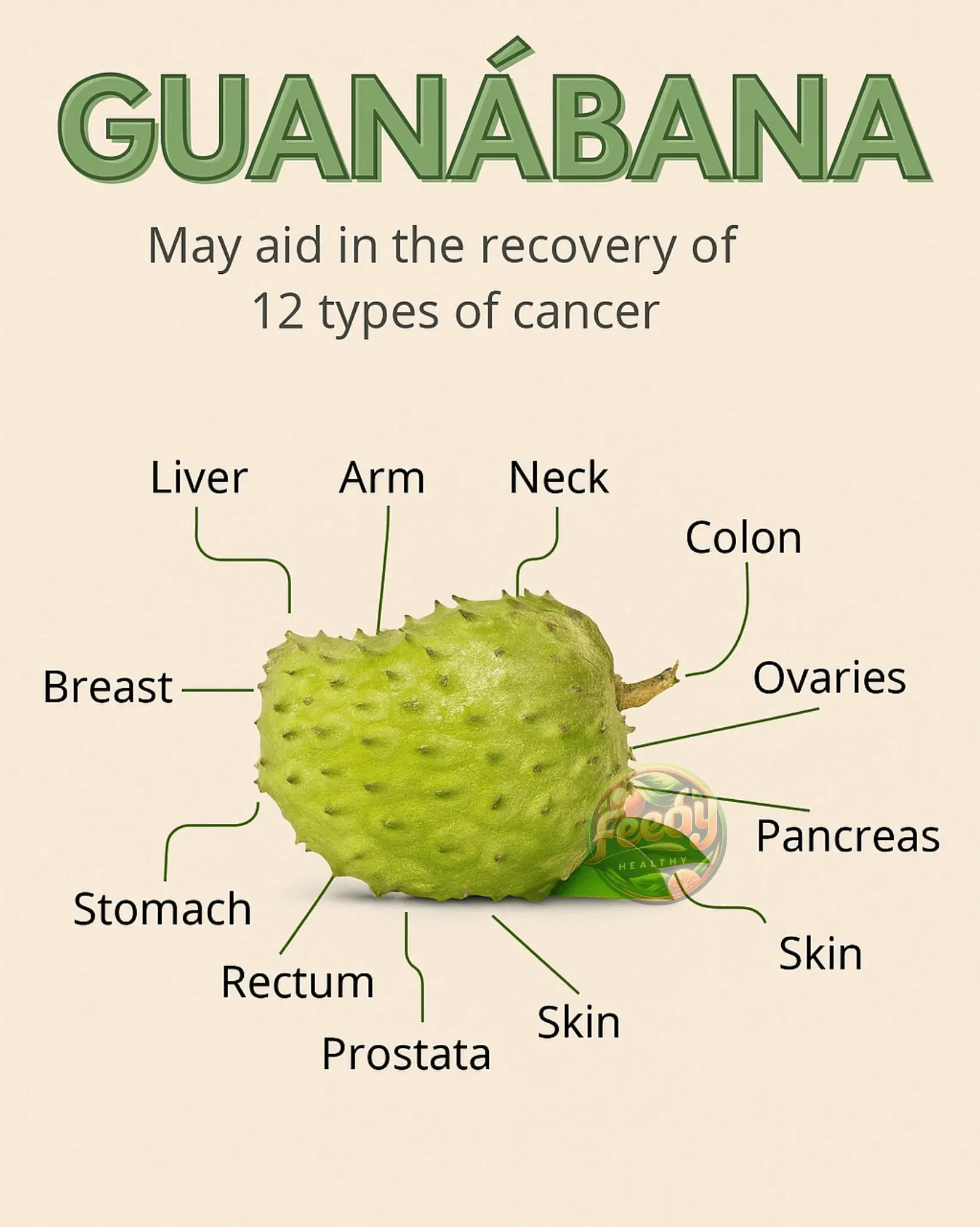
Soursop: A Miraculous Fruit to Strengthen Your Cellular Health

5 Signs Your Heart May Be in Serious Danger
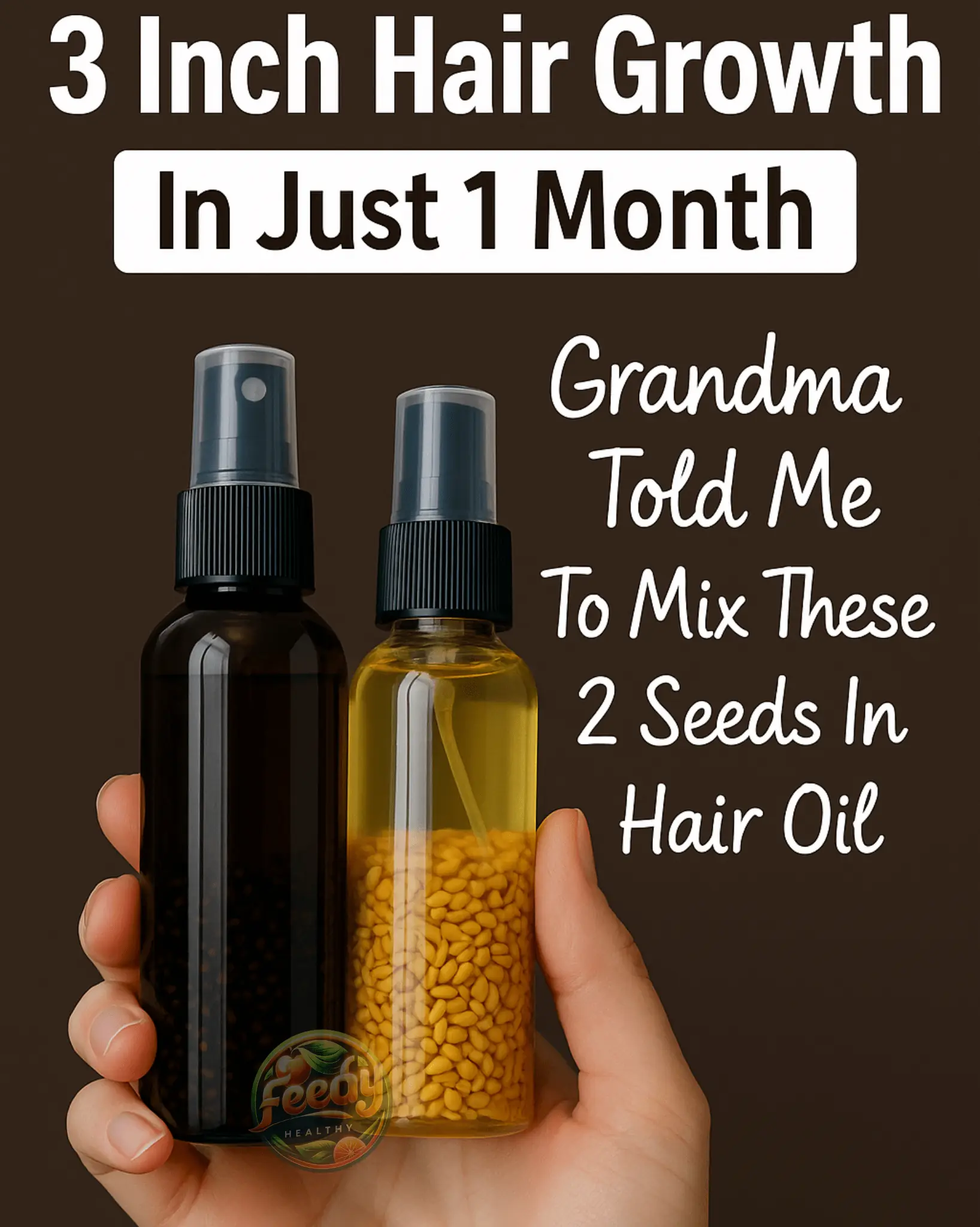
Mix these seeds in oil for long thick hair

12 Warning Signs Your Blood Sugar Might Be Too Low

Why Do Some People Feel Sad After Eating White Bread?

Discover the Powers of Moringa: Traditional Recipes and Health Benefits
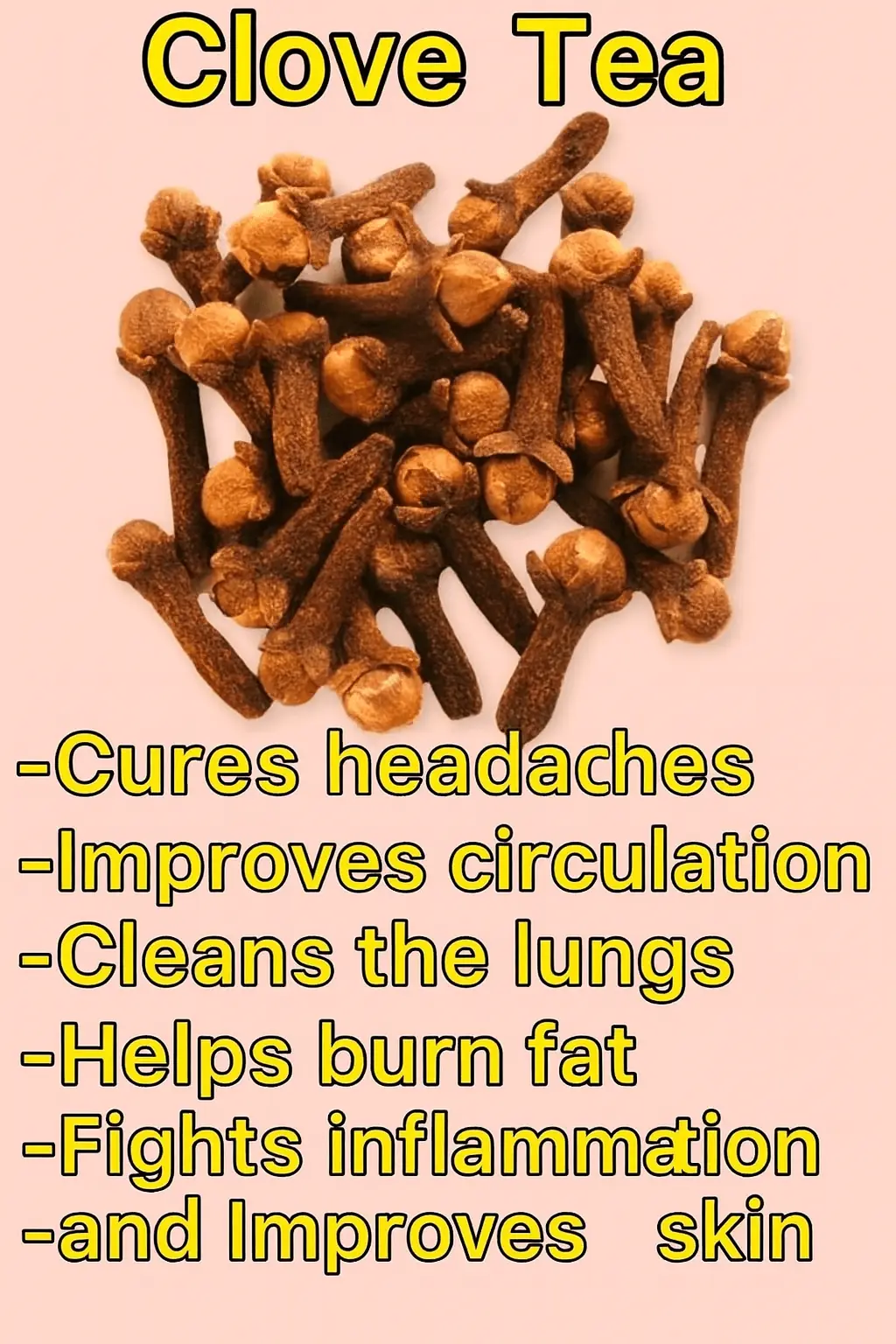
Benefits of Clove Tea: How to Transform Your Health One Cup at a Time

Benefits of Radishes, Ginger, and Honey for Thyroid and Gallbladder Health

Why Do Couples Start Sleeping Separately After Age 50?

The Deep Meaning of Holding Hands: Emotional Connections and Symbolism

The Power of Dates: Benefits for Your Digestive Health

Natural Power Drink to Cleanse the Liver and Blood Vessels: Just 2 Ingredients!
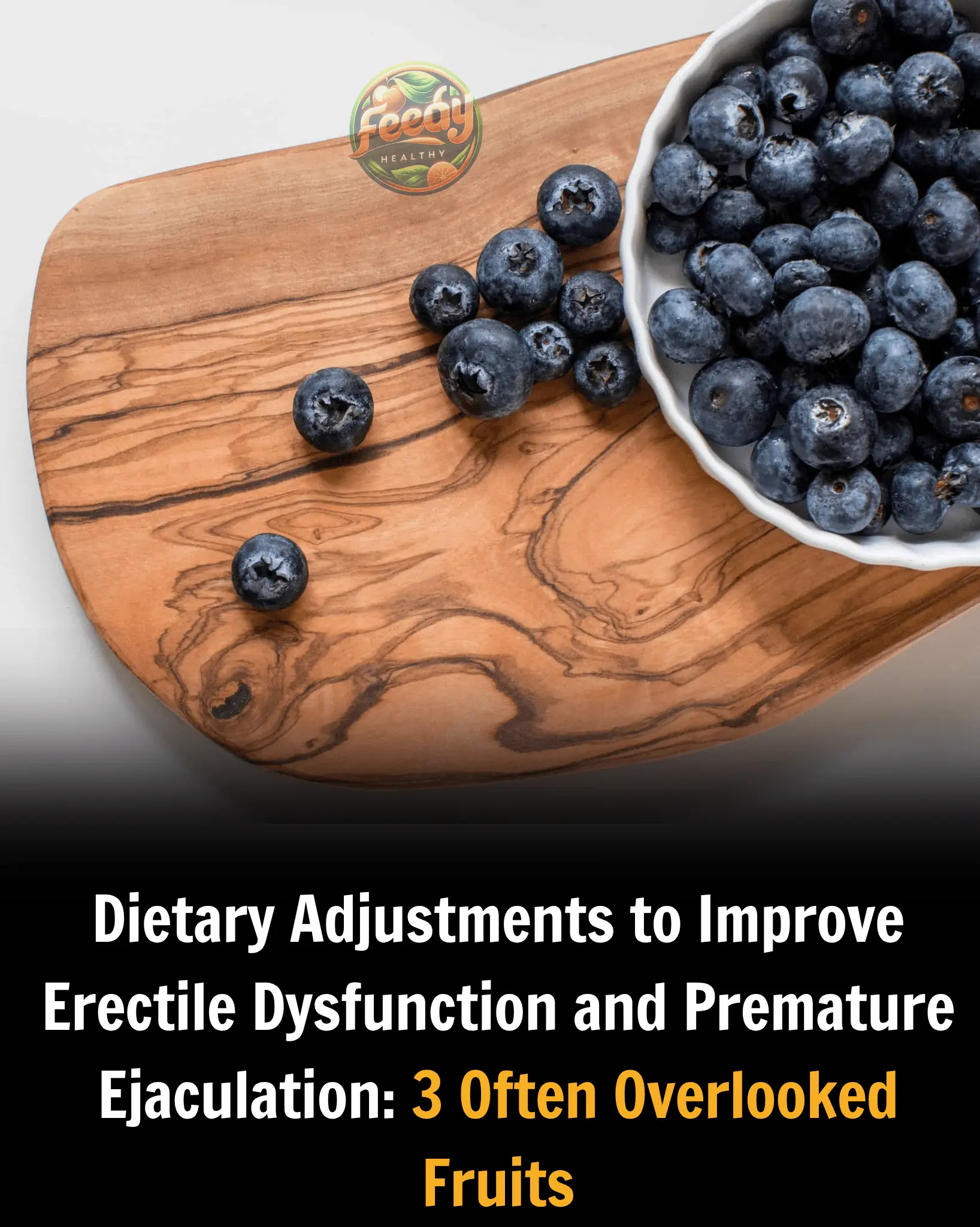
Dietary Adjustments to Improve Erectile Dysfunction and Premature Ejaculation: 3 Often Overlooked Fruits
News Post

This Is the Perfect Recipe for All Ills!

Natural Teas for Healthy Blood Circulation

Stop Shaving! Here’s a Natural Way to Reduce Unwanted Hair Using Garlic

Gain Energy Like You’re 25 Again by Just Mixing These Two Fruits: Banana & Pineapple 🍌🍍
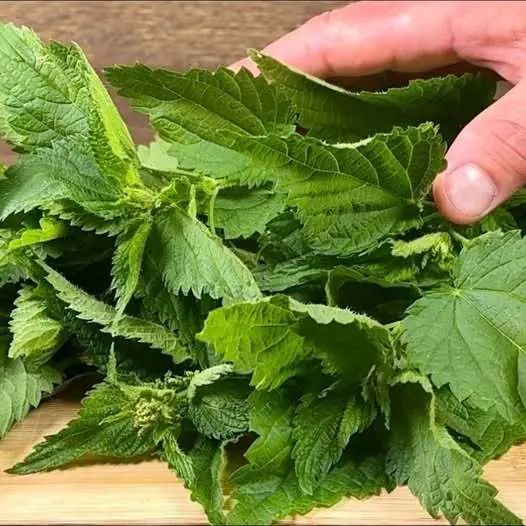
Blood Sugar Drops Immediately! This Vegetable Is a Real Treasure: Nettle 🌿

Mix Lemons with Mint – My Family Was Surprised by the Result! 🍋🌿

What Happens to Your Body When You Add Cardamom to Your Food Every Day

🌌💙 Celestial Midnight Bloom Cake

💜🌸 Lavender Ombre Layer Cake with Vanilla Buttercream & Macarons

🫐✨ Blueberry Bloom Cupcakes ✨🫐

Clove benefits for Skin – Clove Oil, Clove Gel & Clove ice cubes

Little boy hugs pizza delivery man goodbye: Shortly after, the boy’s mother makes a tragic discovery

Mom shocked by her baby after birth, her words now spread like forest fire!

Man Mocked For Being With 252 LB Woman
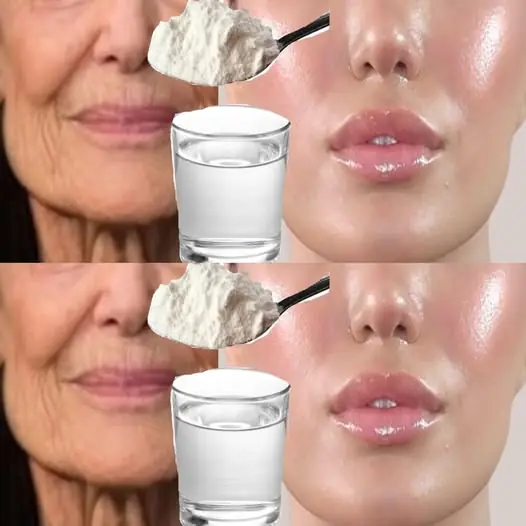
Natural Face Lift with Cornstarch: Say Goodbye to Wrinkles Naturally! 💆♀️

Flourless Pancakes: A Fluffy and Healthy Delight

The Best Natural Collagen Boost – Do This Every Night and You’ll Be Amazed! 🌙💪 | Beetroot Collagen Recipe

Blueberry Water: A Refreshing Drink That Loves You Back
